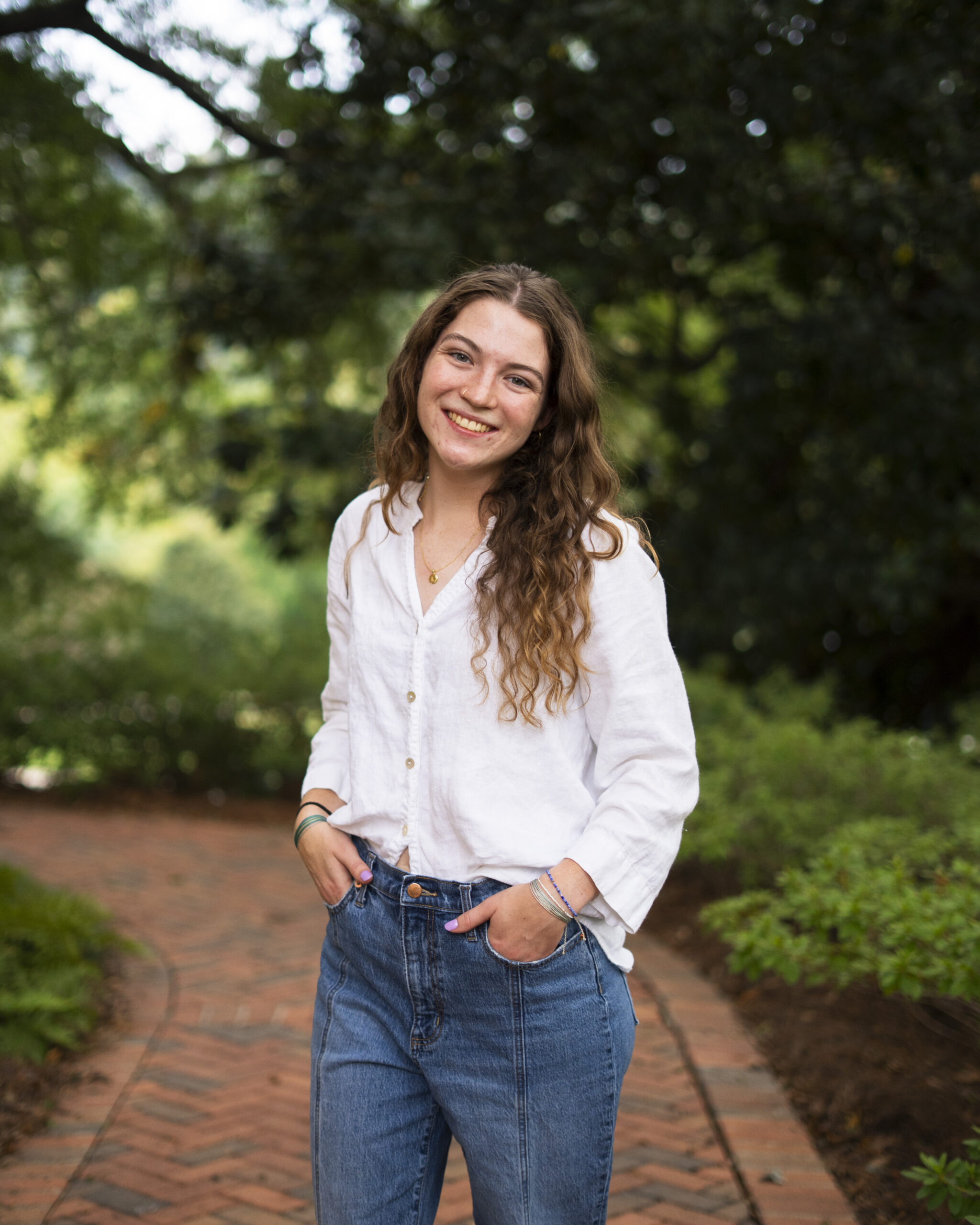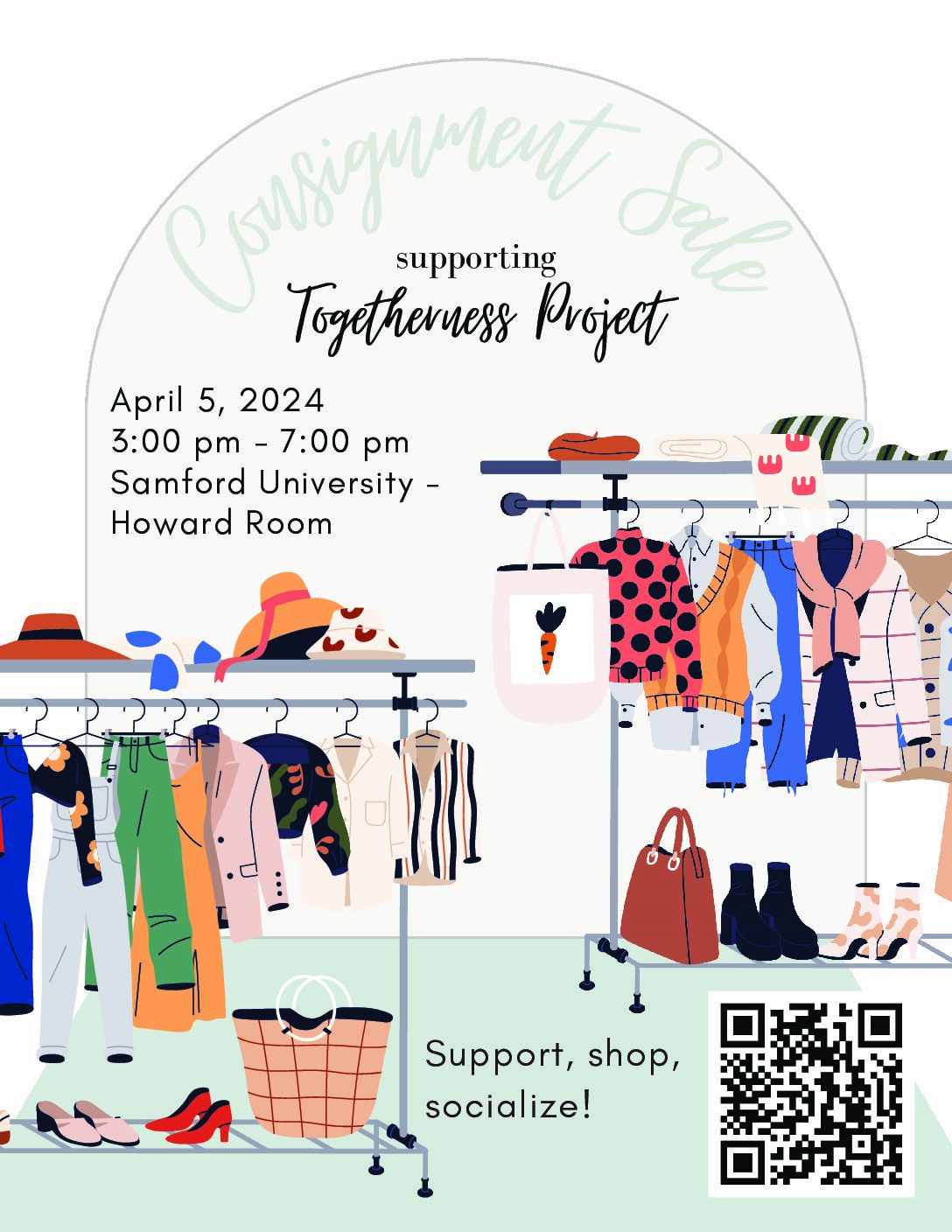The rise of artificial intelligence (AI) over the past three years has prompted hundreds of debates over its use — to write papers, to automate tasks, to draft emails, to sift through job candidates.
People raise questions of hallucinated information, of lack of human connection, of illegitimate work turned into professors. Consistently, we see vague mentions of AI being ‘bad for the environment,’ but what does this mean? What does this actually look like?
Outside of all the other concerns raised, should its effect on the environment be a legitimate reason to avoid using AI?
I met with three Samford professors to discuss the interplay of this question, which is more complicated than it may seem at face value.
The use of artificial intelligence affects the environment in two main ways: through drawing power and using water to cool the computer processors.
Data centers commonly use so-called “dirty energy” to power their data centers, using fossil fuels like coal and oil, which generate CO2 emissions.
“There are some things you can do to mitigate that if you can use clean power, clean energy, but there’s no guarantee that wherever the data centers are is using clean energy,” said Brian Toone, assistant professor of math and computer science.
It takes an enormous amount of computer power to first train the algorithms and then to respond to queries, and while data centers can use clean energy, there’s no guarantee or accountability that they will.
However, even if the data centers use clean energy sources, like solar power, there still remains the issue of water usage. These data centers use large amounts of water to cool their computing devices.
The water is then returned to its sources as hot water. The thermal difference as hot water reenters rivers affects its ecosystem.
“The creatures that are in the river are thermosensitive, so they have a narrow range at which they can live, and hot water doesn’t hold oxygen as well as colder water does,” said Betsy Dobbins, professor of environmental science.
Fish and insects that need more oxygen in the water can die as a result, which in turn impacts the food chain.
Using this water can also take it from others who need it, like farmers, and, in drier areas, drinking water.
Toone also brought up an argument he hasn’t heard being made a lot — that of the manufacturing new computing devices as the old devices break.
“You’re running all these things super hot, full load all the time,” Toone said. “They do not last a long time. So, you have a lot of basically e-waste, electronic waste from these devices.”
Clearly, artificial intelligence has an effect on the environment, but how much does this affect how we approach our personal use of it?
Toone uses AI in his work for more efficient coding in his projects, reducing hours of work to a few minutes.
“It’s very hard as a time-constrained person trying to do too much to be able to say, ‘No, I’m just going to slug it out, do it the old-fashioned way’,” he said.
Toone also rides his bike to work every day, rain or shine. He doesn’t own a personal vehicle, borrowing his wife’s only when necessary. He says that the main reason is to mitigate his personal contribution to climate change.
David Robbins, associate professor of math and computer science, provides a helpful example for how AI use can be weighed against the energy that it saves.
He explained that a typical AI query costs less energy than running a lightbulb for five minutes. If one was to ask AI to summarize the content of ten books, it would likely cost less energy than reading them all, creating a summary, and burning a lightbulb for the whole time, as well as the energy required to ship the books.
“But not to just say, well, if there’s any cost, it must be bad,” Robbins said. “We have to balance it against the alternative costs that we would have to pay if we chose to do something else.”
Dobbins does not use artificial intelligence at all in her life or her work, and sees it as an opportunity to forgo convenience and go the extra mile for the sake of the environment.
“And it’s not anti-progress, but it’s just questioning how can we do these things, being very aware of the fact that you’re going to have radical energy demands that are going to affect the climate, and you’re going to have radical water demands that are going to affect us locally, what can be done to compensate that?” she said.
AI is beginning to be inescapable in our day-to-day lives. It is not just becoming the new Google; it appears at the top of every Google search. Many people consult ChatGPT rather than ask Google.
As to whether AI will replace Google, Robbins thinks that for many people, it already has.
“If I ask, what’s a good substitute for molasses? ChatGPT will just tell me what it is. Google will give me five web pages,” Robbins said.
Even in Alabama, a project to build a data center costing $14.9 billion has been proposed in nearby Bessemer. The size would make it one of the largest data centers in the South. The residents have expressed many concerns including environmental effects and water usage.
Further south, in Wilsonville, residents are taking note and taking preemptive action against any proposals for data centers in their town.
Toone brought up the ‘thank you dilemma’, an interesting question of how to weigh different effects of AI.
Sam Altman, CEO of OpenAI, has revealed that its collective users saying thank you to ChatGPT has ended up costing them tens of millions of dollars in extra computing. This, of course, correlates to environmental damage done by the extra processing.
However, the way that people interact with AI has begun to affect how they interact with humans in day-to-day life. And if we cease to say thank you to AI, does that affect our interpersonal relationships?
This dilemma of which side to take encourages me personally to continue to avoid AI in all cases, but Robbins sees a place for AI completing tasks of what he calls “information drudgery,” work that deals with compiling and synthesizing information together.
The growth of artificial intelligence has brought with it a wave of ethical use questions, and people everywhere are grappling with how it can both add and subtract from their own lives.
Dobbins said, “I think as Christians, our calling is to love our neighbors, and that’s all our neighbors, animals, humans, the earth.”

News Editor





